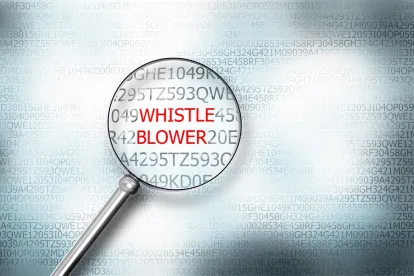Under Dodd-Frank, which created the SEC Whistleblower Program, employers cannot discharge, demote, suspend, harass, or in any way discriminate against employees for raising concerns about a potential securities-law violation. Remedies may include reinstatement, double back pay, litigation costs, expert-witness fees, and attorneys’ fees.
Employees may also have a retaliation claim under the Sarbanes-Oxley Act (“SOX”). The remedies are similar to those under Dodd-Frank, but SOX also includes special damages, such as emotional distress, impairment of reputation, and other noneconomic harm resulting from retaliation. A jury recently awarded $11 million to a whistleblower in a SOX retaliation case.
To learn more about the SEC Whistleblower Program, download the eBook SEC Whistleblower Program: Tips from SEC Whistleblower Attorneys to Maximize an SEC Whistleblower Award.
Chapter 1 - What is the SEC Whistleblower Program?
Chapter 2 - Can I Submit Anonymous Tip to SEC Whistleblower Office?
Chapter 4- What Violations Qualify For A SEC Whistleblower Award?
Chapter 5- What are the largest SEC whistleblower awards?
Chapter 6- Who Is An Eligible SEC Whistleblower?
Chapter 7- Can I submit a tip to the SEC Whistleblower Office if I was involved in the fraud or misconduct?
Chapter 9- Compliance Personnel, Auditors, Officers and Directors Can Obtain SEC Whistleblower Awards
Chapter 10 - When is Best Time to Report Fraud or Misconduct to SEC?
Chapter 11 - Do I Have To Report The Violation To My Company Before Reporting It To The SEC Whistleblower Office?




 />i
/>i

